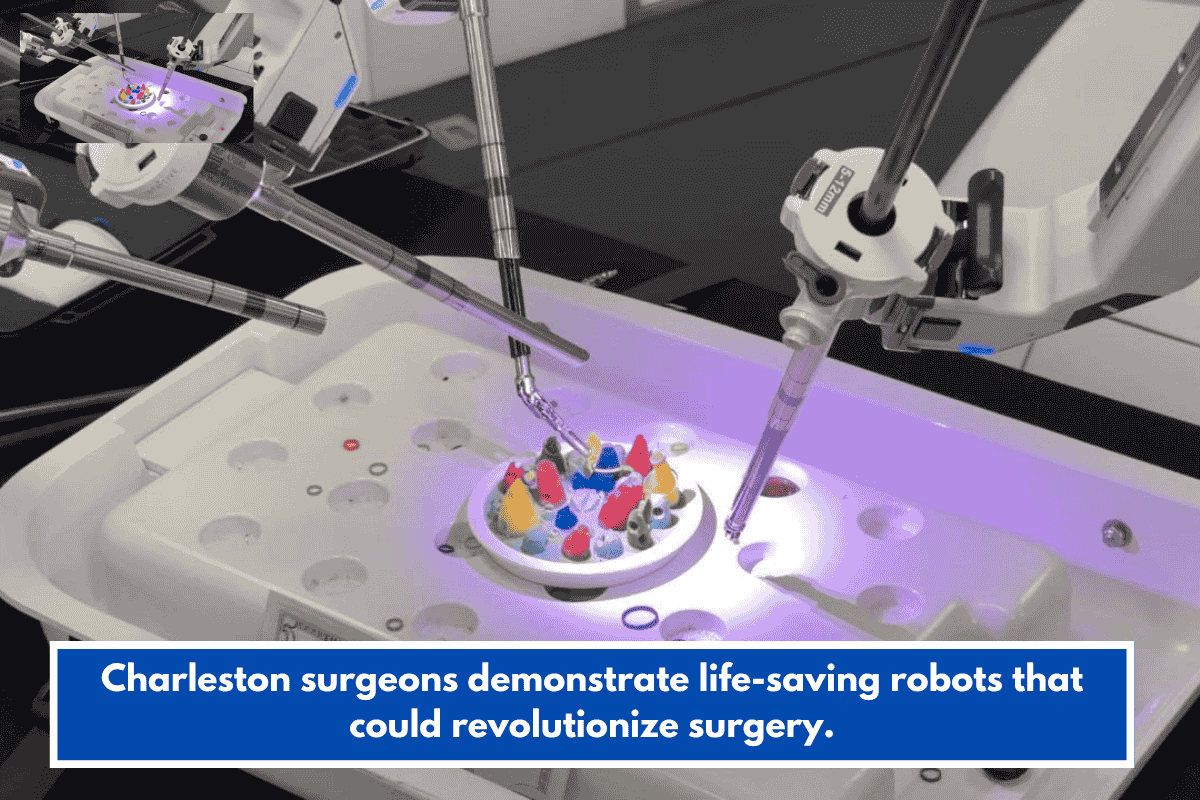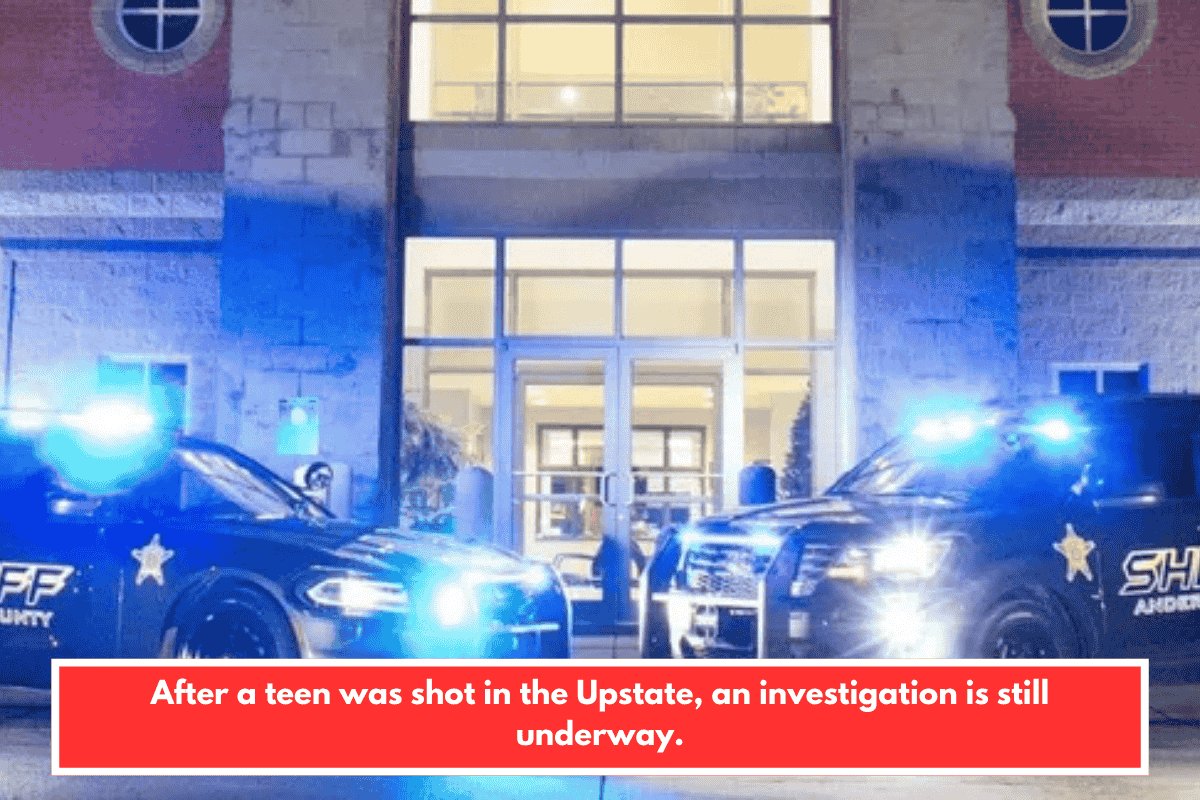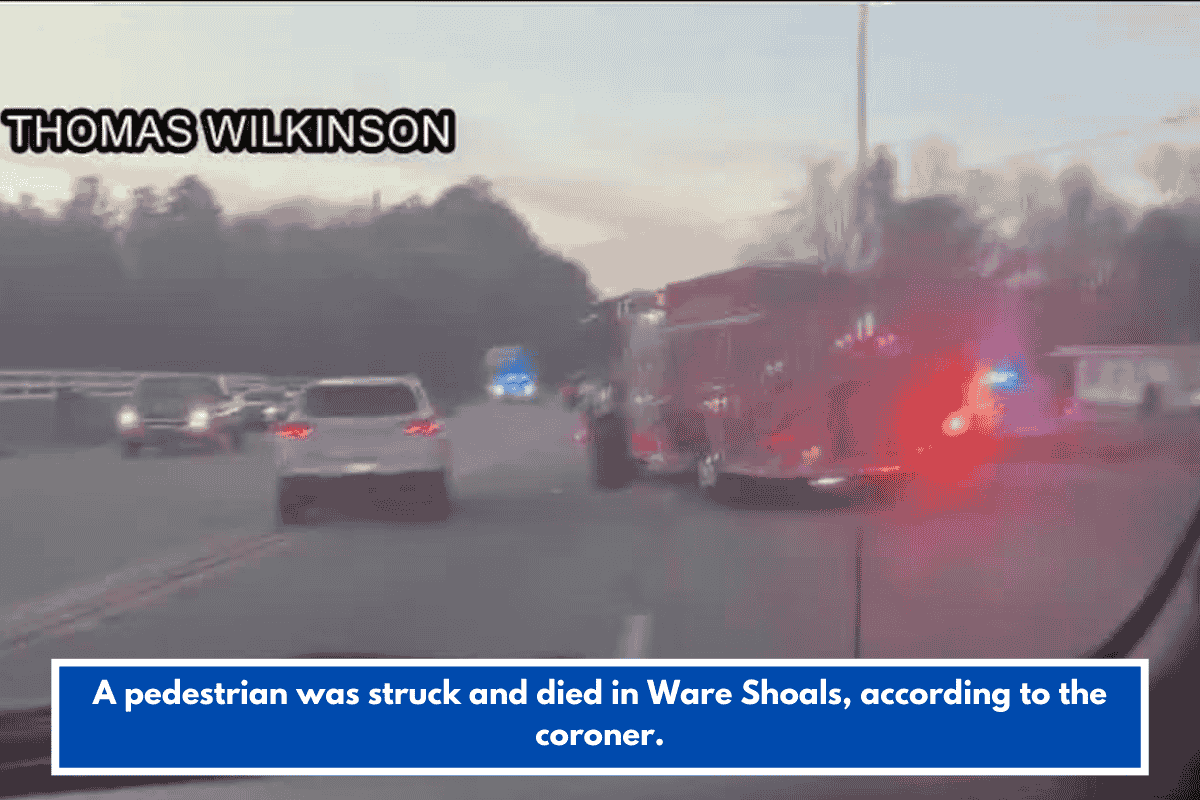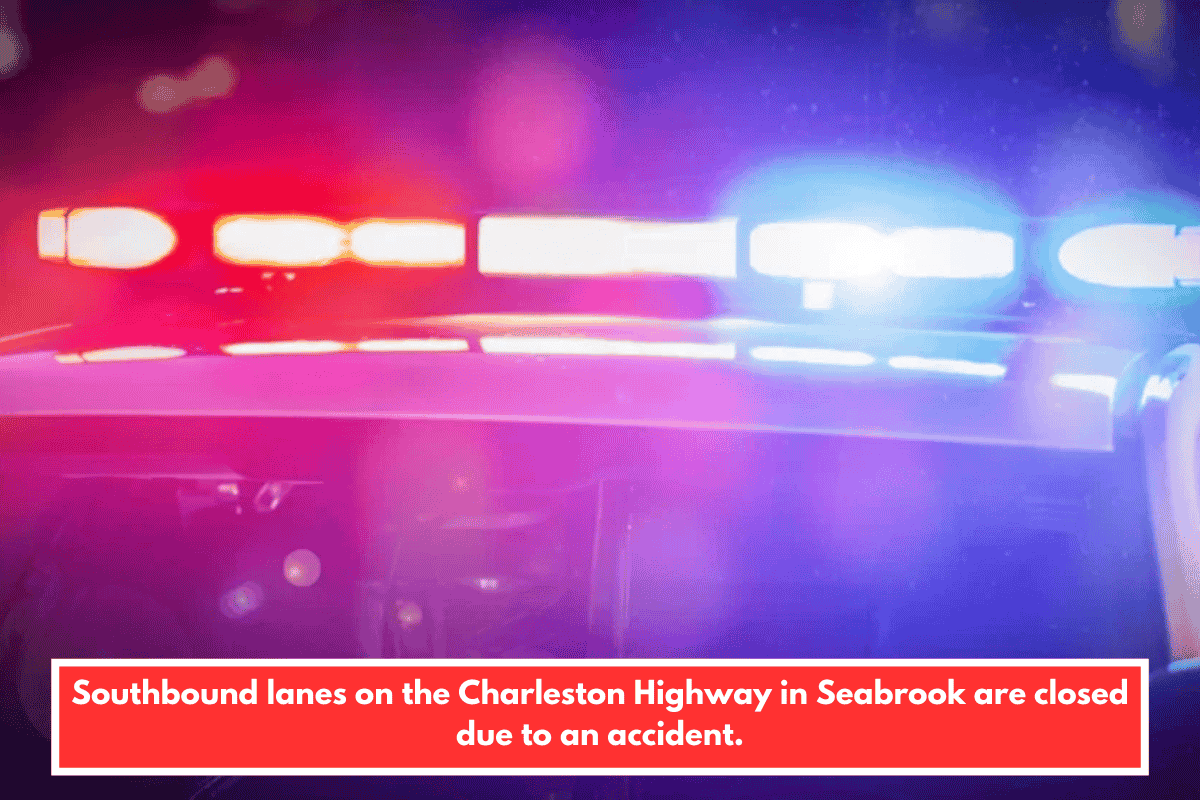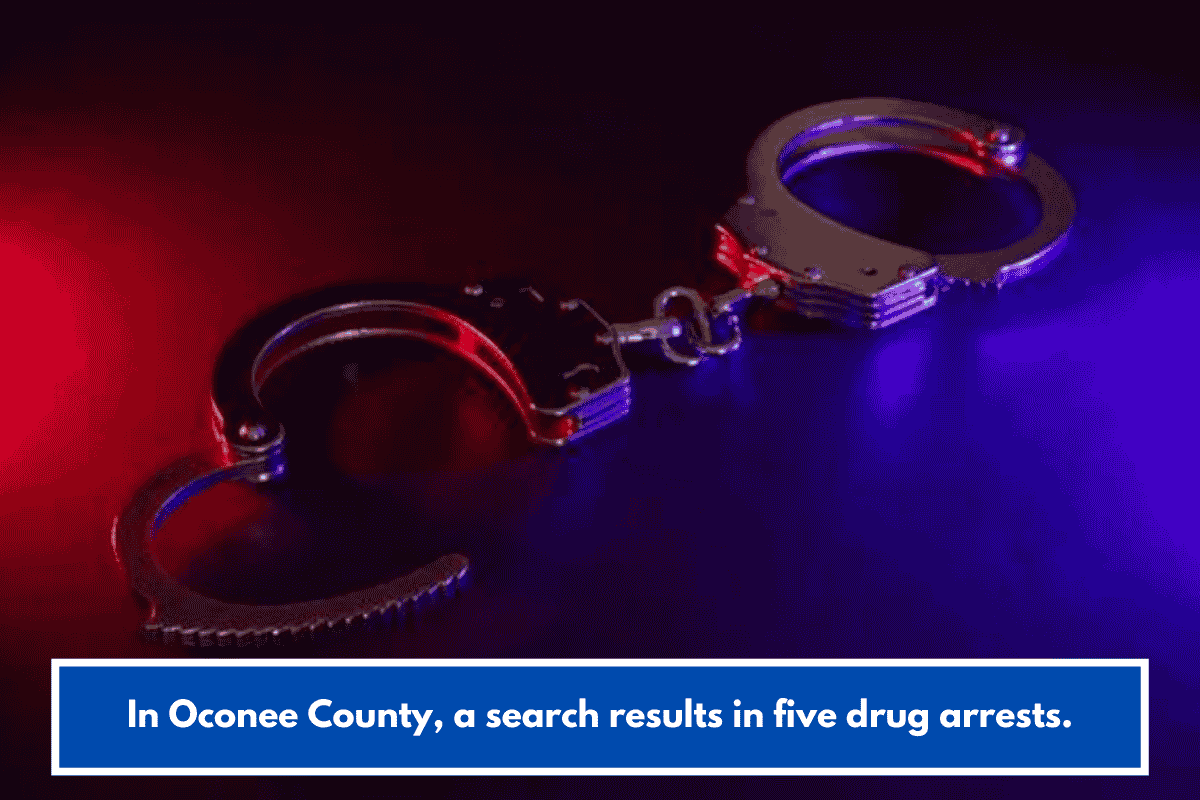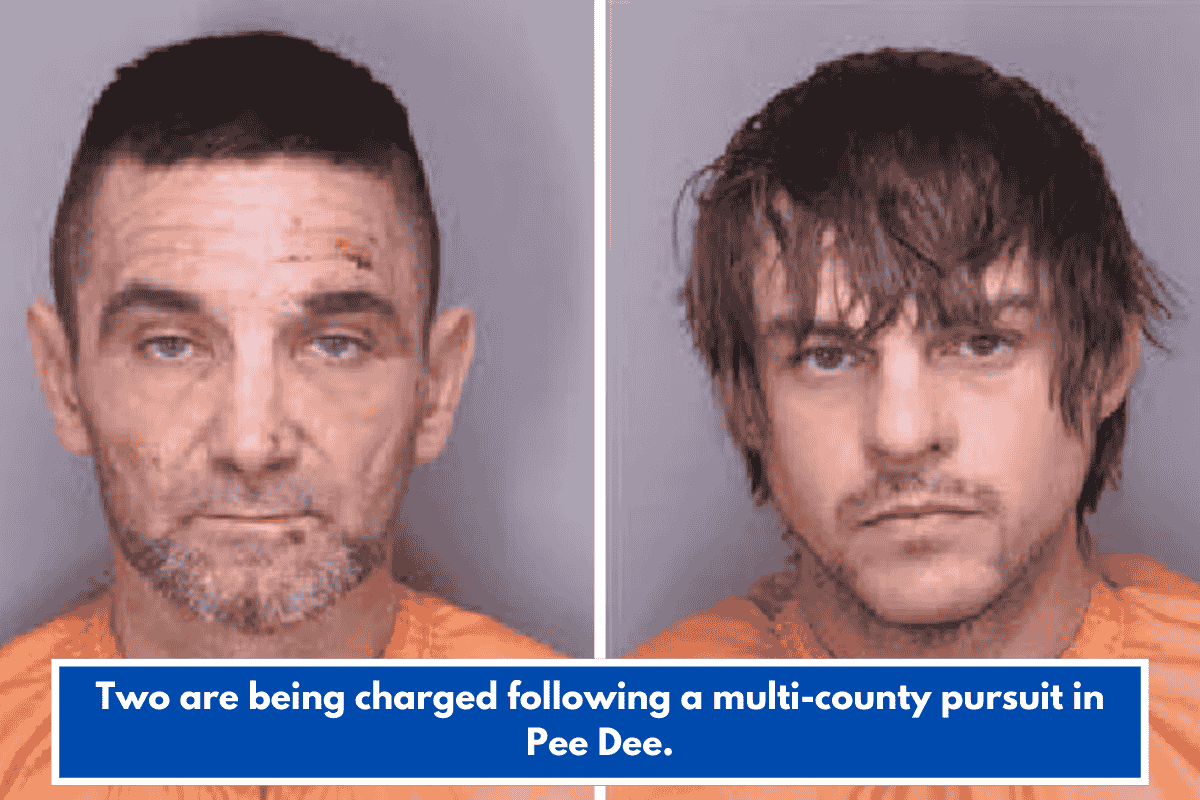Charleston, South Carolina — A basic white truck parked outside Roper St. Francis Hospital appears to be a transport trailer rather than a medical facility.
However, experts claim it has some of the most modern lung-cancer technology in the country, which is already saving lives in the Lowcountry.
“It looks like a regular shipping truck on the outside,” one clinician stated. “But what’s inside is nothing like what the naked eye would expect.”
The mobile device, known as the TOME Truck, is part of Roper St. Francis’ ongoing initiative to offer lung cancer screening and education to the community. The truck contains two robotic devices that clinicians have relied on for years: the da Vinci surgical robot and the Ion robotic bronchoscopy platform. Together, they enable clinicians to identify, treat, and remove lung cancer earlier and more precisely than ever before.
“This technology allows us to effect an early intervention and achieve that cure,” stated Dr. Michael Spandorfer, a physician at Roper St. Francis. “We want to shift the stage when people present with cancer.”
The da Vinci system consists of four robotic arms that are totally controlled by a surgeon seated at a console. The arms operate through tiny incisions, some as small as 8 millimeters, allowing doctors to perform with more precision and less stress to the patient. One surgeon at the institution says the machine helped her perform over 3,000 successful procedures.
Its companion equipment, the Ion robot, is designed to explore deep into the lungs and reach previously inaccessible nodules. Doctors refer to it as “a GPS for the lungs,” allowing them to make precise turns inside the airways and reach masses as small as a few millimeters.
“With this technology, we can manage these diseases much better,” Dr. Spandorfer stated. “We can identify things early and affect a good outcome, versus waiting until they develop into something much harder to treat.”
For many patients, the difference is life altering. Deloris Small, who visited the mobile unit, stated that she was unaware she was living with numerous masses until the technology found them.
“I would never have taken a note of it,” she admitted. “But now that everything is gone and they’ve done it all, I get to live the rest of my life, watch my kids grow up, just keep going on.”
Spandorfer says the hospital advises annual low-dose CT scans for anyone aged 50 to 80 who smoke or have quit within the last 15 years. “A low-dose CT scan helps identify the earliest processes in the lungs,” he told me. “We want to identify these things before they worsen into something like a cancer.”
Doctors underline that the advanced care offered inside the truck is more accessible than many people believe. Several patients, including Small, had their exams and surgeries completely paid by insurance. As the TOME Truck continues to drive throughout the region, staff members hope that more folks would consider being examined before symptoms develop.
“We don’t want to miss an opportunity to get an early cure,” Spandorfer said. “And this technology allows for that.”
As long as the mobile unit continues to visit neighborhoods throughout the Lowcountry, doctors say they will continue to provide lungs — and their patients — with much-needed fresh air.

